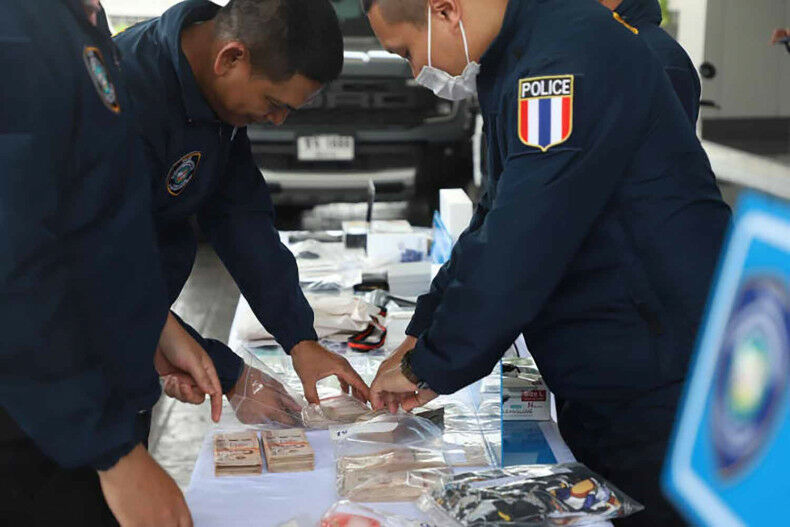Elderly Thais targeted by scammers posing as bank agents

Scammers posing as bank agents targeting elderly Thai citizens have recently swindled multiple victims out of their savings.
A 68 year old housewife lost 1.5 million baht (US$44,000) to such a scam after she was led to believe she was eligible for a government financial aid scheme.
The fraudsters presented her with two receiving options for the supposed aid: a bank branch or a mobile banking app. Choosing the latter, the woman was guided to add a LINE account, through which she ended up sharing vital personal information including her national ID number and date of birth. Despite links failing to process her data multiple times, it wasn’t until her savings had been depleted that she realised she had fallen victim to a scam.
In a similar case, an 82 year old woman named Sonklin was conned out of 2.5 million baht by a gang claiming police had found illegal goods in a parcel addressed to her. Instructed to file a complaint with the Phuket police, she shared personal information and transferred money to a fake police officer via a mobile banking app. Upon realising she had been scammed, the troubled woman attempted suicide by overdosing on sleeping pills, though she fortunately survived the ordeal.
These are not isolated incidents, said Deputy Commissioner of the Cyber Crime Investigation Bureau (CCIB), Police Major General Atthasit Sudsa-nguan.
“Elder retirees are one of the targets of scammers as they have money and time.”
From March 1 last year to November 10 this year, the police dealt with 360,000 cybercrime cases, including online fraud and fake loans, with total losses amounting to approximately 49 billion baht.
According to the 2023 Asia Scam Report by the Global Anti-Scam Alliance (GASA) and Gogolook, 60% of residents in the region face at least one scam attempt per week. It found that phone calls and SMS were the most popular method of communication for scammers in Asia, but scammers are increasingly shifting to messaging apps like WhatsApp, Telegram, and Line, reported Bangkok Post.
Police Lieutenant Colonel Saksit Choobunrueang of the CCIB said people fall victim to call centre gangs because they lack the knowledge to identify scams. They are lured by incentives that are too good to be true.
“Their work is quick. Within 30 minutes, the money is gone,
“Once the money is exchanged into cryptocurrency, it will be hard to trace.”
In addition to scams, the government recently repatriated about 300 Thai nationals from Myanmar’s Laukkai, in the northern Shan state. Most of them were lured by fake job offers on social media. Some were victims of human trafficking but others were willing to take part.
Foundation chair Pavena Hongsakul warned people not to fall for false advertisements on social media offering good paying jobs in neighbouring countries.
“There are no such offers.”
Latest Thailand News
Follow The Thaiger on Google News:


























